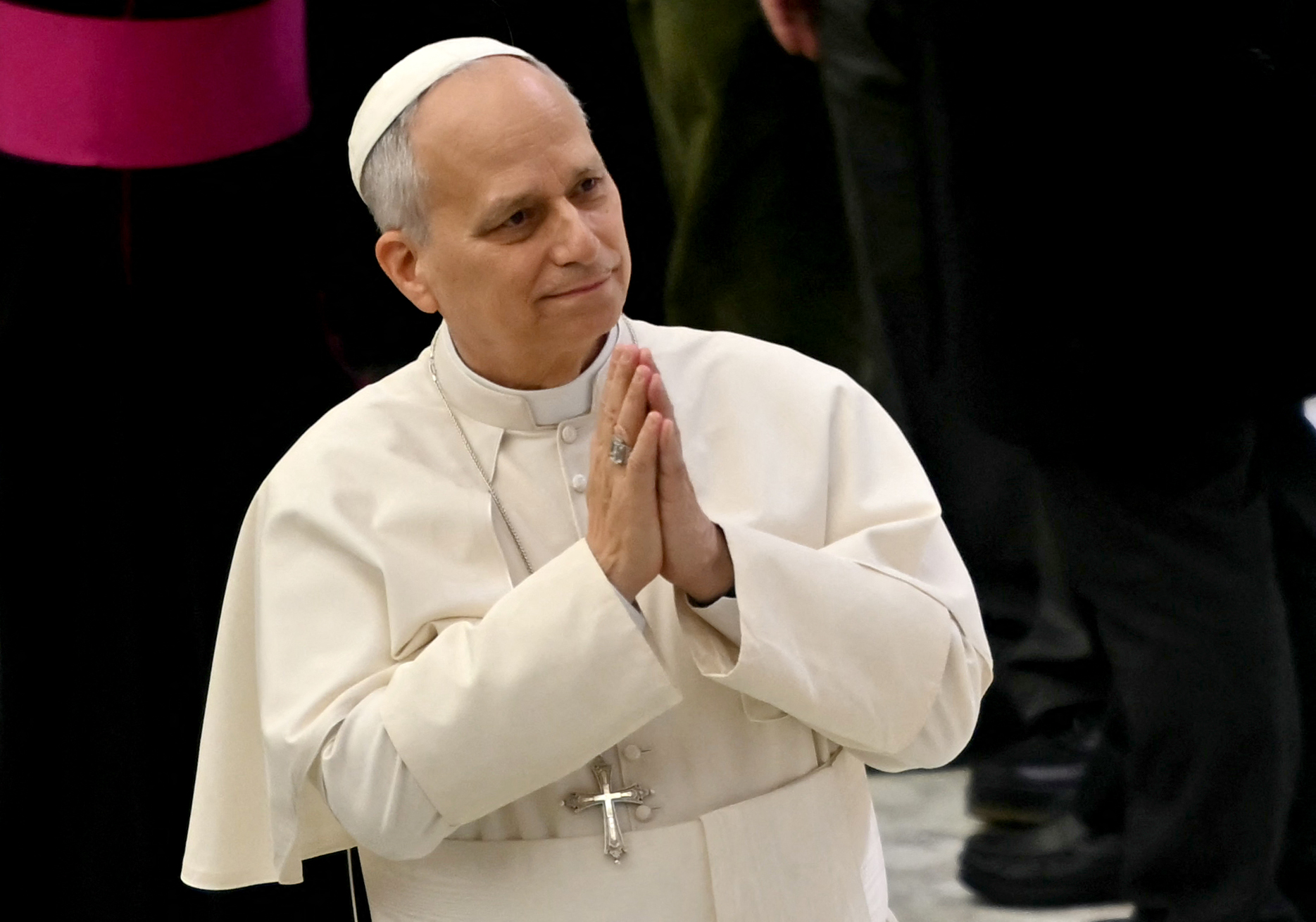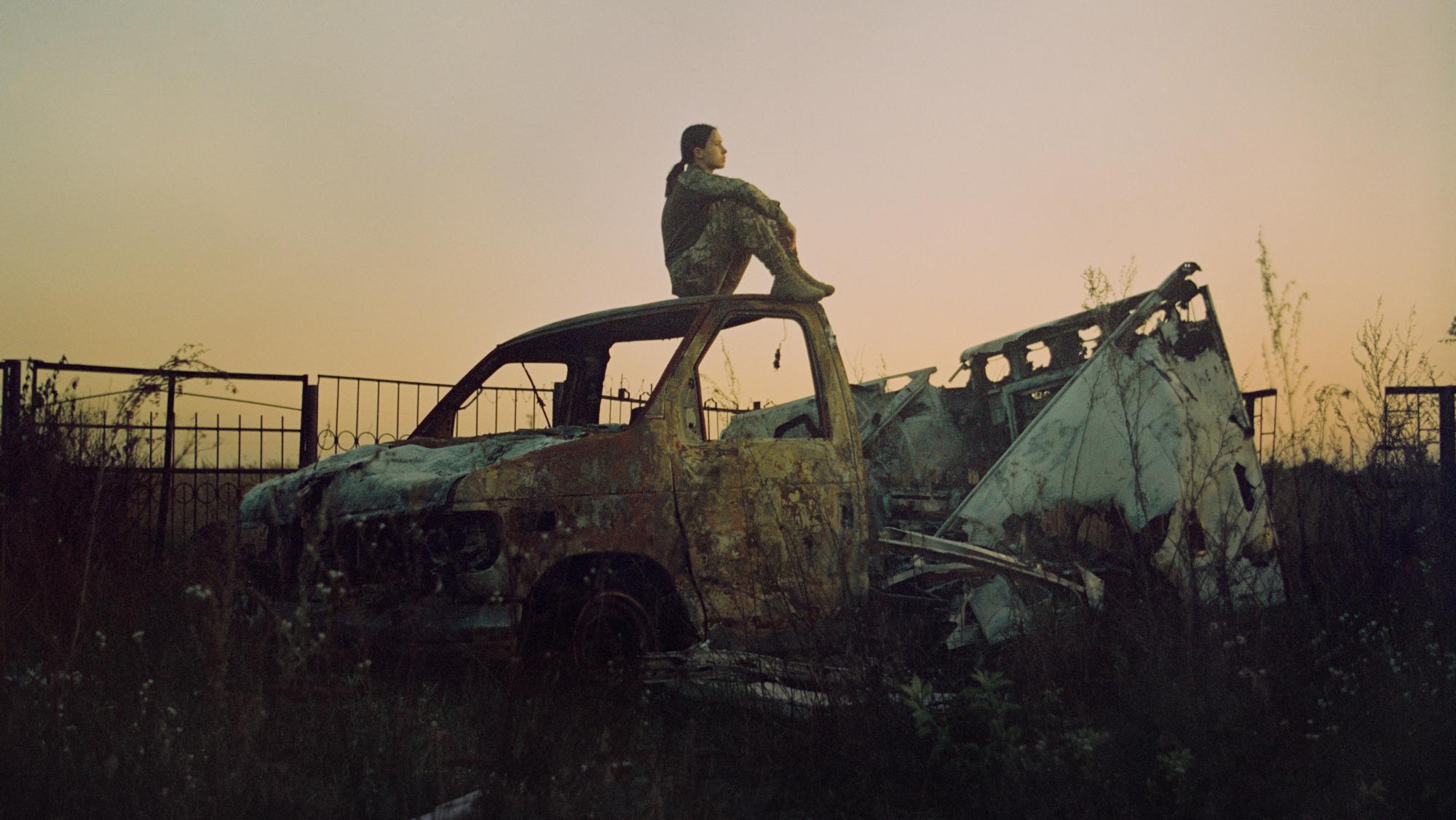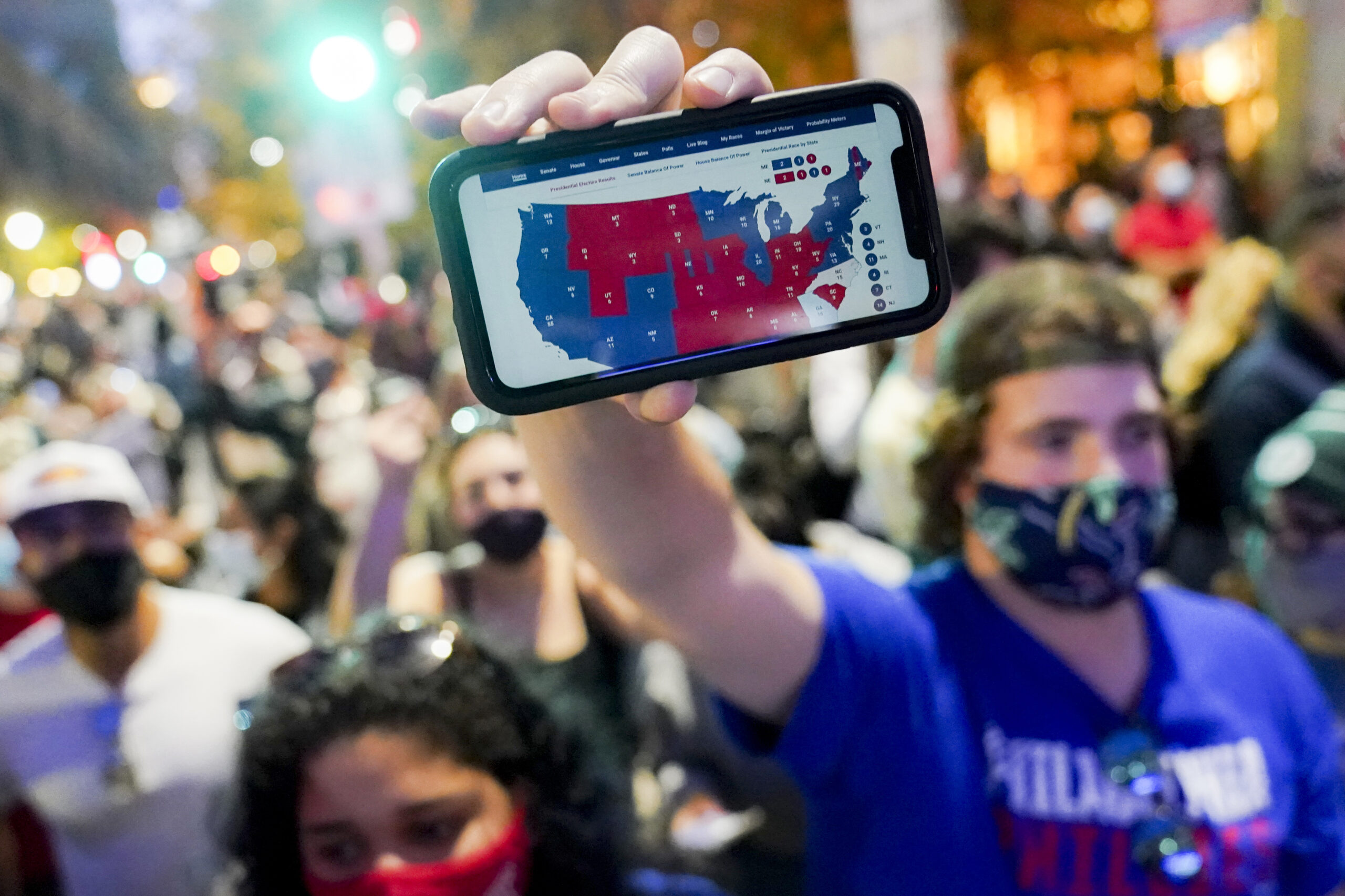
Hannah Liu, 26, of Washington, holds up a sign in support of birthright citizenship, Thursday, May 15, 2025, outside of the Supreme Court in Washington. "This is enshrined in the Constitution. My parents are Chinese immigrants," says Liu. "They came here on temporary visas so I derive my citizenship through birthright." (AP Photo/Jacquelyn Martin)
Updated at 12:33 p.m. on Friday, June 27, 2025.
The right to birthright citizenship will continue in Colorado, despite a recent Supreme Court ruling that could allow President Donald Trump to temporarily end the practice in other states. This assurance comes from Colorado Attorney General Phil Weiser, who emphasized that individuals born in Colorado will still benefit from birthright citizenship.
In an interview with Colorado Matters, Weiser stated, “You’re protected. And if people are born here in Colorado, they still will benefit from birthright citizenship.” This statement comes in response to the Supreme Court’s 6-3 decision, delivered by Justice Amy Coney Barrett, which may enable the U.S. to enforce Trump’s order to end birthright citizenship in much of the country, but not in Colorado and certain other states, for children born after February 19.
The Supreme Court Ruling and Its Implications
The Supreme Court’s ruling did not address the constitutionality of Trump’s order to end birthright citizenship, a practice that grants citizenship to every child born in the U.S., regardless of their parents’ immigration status. Instead, the decision focused on the authority of lower-court judges who had previously blocked the order nationwide. The justices concluded that these judges had exceeded their authority, allowing Trump’s order to take effect in many parts of the U.S. while the legal battle continues.
Despite this, Weiser noted that the order will remain blocked in Colorado, as it is one of the 22 states that have sued to stop it. The ruling also has broader implications, potentially affecting other legal battles and controversial policies, including the defunding of “sanctuary” cities like Denver.
“When a court concludes that the Executive Branch has acted unlawfully, the answer is not for the court to exceed its power,” the majority wrote.
Reactions and Legal Perspectives
Trump celebrated the ruling, stating it allows his administration to enact various controversial policies previously blocked by lower courts. “This was a big decision, an amazing decision, one that we’re very happy about this morning,” he said at a press conference.
However, Attorney General Weiser warned of potential chaos if Trump’s order is enforced, creating uncertainty for babies born to undocumented parents in Colorado but living in other states. “If someone’s born in Colorado but lives in Wyoming, are they a birthright citizen or not?” he questioned, highlighting the potential for a “chaotic and challenging situation.”
Justice Sonia Sotomayor, dissenting, described the ruling as a “grave attack on our system of law,” cautioning that no right is safe under the new legal regime. Colorado politicians also weighed in, with Rep. Joe Neguse calling the ruling “misguided and reckless,” while Rep. Gabe Evans supported it, focusing on limiting the authority of district court judges.
Historical Context and Future Legal Battles
The debate over birthright citizenship is deeply rooted in American history. The 14th Amendment, enacted in 1868, declared that all persons born or naturalized in the U.S. are citizens. This principle was reinforced by the 1898 Supreme Court ruling in United States v. Wong Kim Ark, which upheld citizenship for a child born in the U.S. to Chinese nationals.
Anti-immigration advocates argue that birthright citizenship encourages illegal immigration and “birth tourism.” Trump’s executive order, issued on January 20, stated that children born after February 19 would be denied citizenship unless one of their parents had permanent legal status.
Local immigration attorney Cristina Uribe Reyes criticized the decision, questioning the lack of discussion on the powers of executive orders to change the Constitution. Immigrant rights advocate Jennifer Piper emphasized that the case is about presidential authority, not just birthright citizenship.
Ongoing Impacts and the Path Forward
The fight over citizenship is far from over. Weiser affirmed his commitment to challenging Trump’s order, stating, “Within the next month, we’ll be back in the district court.” The Supreme Court may eventually decide whether Trump had the right to revoke birthright citizenship, a decision that could affect hundreds of thousands of children born each year in the U.S.
The implications for immigrants remain unclear. The Pew Research Center estimated that about 250,000 babies were born to unauthorized immigrant parents in the U.S. in 2016, but official data for Colorado births is scarce. The Colorado Hospital Association noted that hospitals do not track the legal status of parents, aligning with federal and state policies.
The following states, including Colorado, have sued to block Trump’s order: Arizona, California, Connecticut, Delaware, Hawaii, Illinois, Maine, Maryland, Massachusetts, Michigan, Minnesota, Nevada, New Jersey, New Mexico, New York, North Carolina, Oregon, Rhode Island, Vermont, Washington, and Wisconsin.
This story is part of a collection tracking the impacts of President Donald Trump’s second administration on the lives of everyday Coloradans. Journalists from CPR News, KRCC, and Denverite are monitoring these developments closely.






